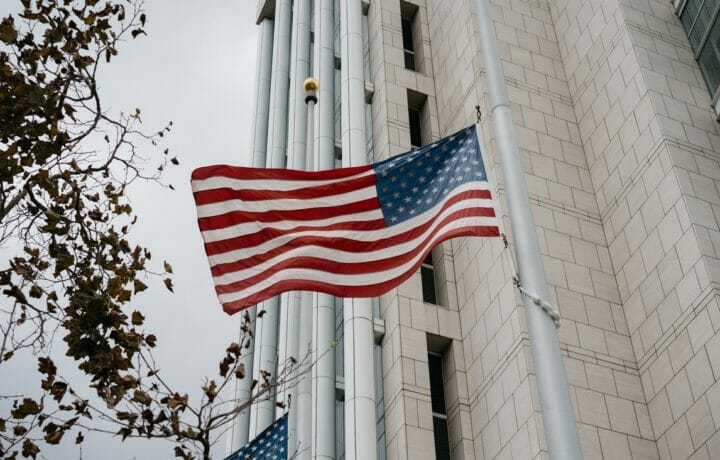No matter how many times you’ve completed the SF-86 security clearance application, chances are good that you’ve never stopped to seriously contemplate Section 29 of the form.
Identified as the SF-86’s “Association Record” component, the innocuous title gives way in part to a question about whether the applicant has ever been involved in an organization dedicated to violently discouraging others from exercising their civil rights. Specifically, the question asks:
“Have you EVER been a member of an organization that advocates or practices commission of acts of force or violence to discourage others from exercising their rights under the U.S. Constitution or any state of the United States with the specific intent to further such action?”
Most people can quickly mark “no” without a second thought. Unfortunately, as we’ve learned from recent news stories, there are still some security clearance holders who spend their free time affiliating with extremist fringe groups and espousing violent, hateful rhetoric.
One such example was a now-infamous 2017 white supremacist rally in Charlottesville, VA. Rally-goers quickly attacked peaceful counter-protestors; news reports identified a 29-year-old white man caught on camera viciously beating a black protestor as a cleared Department of Defense contractor.
In a more recent incident, a Philadelphia Navy Yard employee with a clearance was indicted for allegedly hiding his ties to a white supremacist group from the federal government. News reports indicate that the man failed to disclose his membership in the group “Vanguard America” on his SF-86 form, despite the organization being identified as one of those that marched in the Charlottesville rally.
There’s no question that the overwhelming majority of clearance holders, not to mention Americans, are disgusted and repulsed by racist ideology. But the question I’ve heard raised following news stories of the most recent incident is an important one: “Doesn’t the First Amendment of the Constitution protect even the most repulsive speech and associations?”
The short answer is “yes, generally”, although speech which advocates or threatens actual physical violence falls outside the scope of protection, hence the “specific intent to further such action” component of the SF-86 question. Similarly, membership in a group espousing extremist ideology is not itself illegal, but lying to the government about it in order to obtain a security clearance is an entirely different matter.
Whether the government can deny or revoke a security clearance for activity that is protected by the First Amendment remains, incredibly, a somewhat open question legally. What is clear, however, is that membership in a group which advocates denying others their civil rights by force or violence is incompatible with the public trust required of civil servants or those granted access to our nation’s secrets. If you belong to one, your odds of obtaining or retaining a security clearance are effectively zero.
This article is intended as general information only and should not be construed as legal advice. Consult an attorney regarding your specific situation




